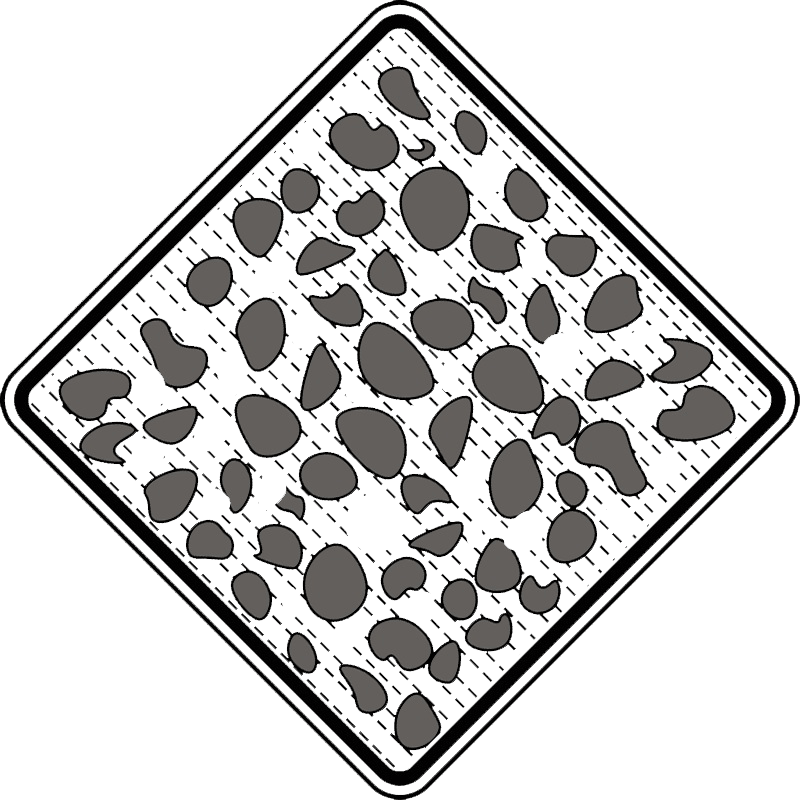ESE NOTES – One Destination for All Competitive Exams
📄 Complete Syllabus • ⏱ Exam Pattern • 📝 PYQs (10+ Years) • 🧠 10K+ Quizzes • 📘 Topic-wise Notes • & More
- 📚 SSC – CGL, CHSL, MTS & More
- 📚 RRB – NTPC, Group D, ALP & More
- 📚 UPSC – CSE, CDS, CAPF & More
- 📚 State PSC – UPPSC, BPSC, MPPSC & More
- 📚 Banking – IBPS PO, SBI Clerk & More
- 📚 ESE/IES – Technical + GS Full Coverage
- 📚 GATE – All Branches Covered
- 📚 More – Popular Exams

🏆 Exams Overview
Find all competitive exams, syllabus, previous papers and study material in one place.
📁 Exam Categories

CalculationClub.Com
If you’re looking for a website that provides all types of calculators and conversion tools, then CalculationClub.com is your final destination. Whether you are a student, professional, or just curious, CalculationClub offers a variety of tools to help you solve any type of problem. Our collection includes unit converters, random generators, text tools, and much more.




ResultJano.Com
If you’re looking for a website that provides all types of government job updates and exam-related information, then ResultJano.com is your final destination. Whether you are a student, job seeker, or preparing for competitive exams, ResultJano offers the latest notifications, admit cards, results, and much more.
Visit ResultJano.ComSUBJECT
Void Ratio is defined as the ratio of the volume of voids (Vv) to the volume of solids(Vs) present in a given soil mass. It is represented as 'e'. Porosity (η): It is defined as the ratio of the volume of voids(Vv) to the volume of soil (V) present in the given soil mass. It is represented as 'η'.
Water present in the soil in any form is termed soil water. Many types of sοil water: Ground (Free, Gravity) water, Capillary water, Structural water, and Adsorbed water.
The various techniques for determining the water content of soil are as follows: Oven Drying Method, Sand Bath Method, Alcohol Method, Pycnometer Method, Calcium Carbide or Moisture Meter Method, Radiation Method, and Torsional Balance Method.
Water content (w):It is define as the weight of water to the weight of solids present in the given soil mass. Moisture content (m): It is define as the mass of water to the mass of solids present in the given soil mass. The result of water content & moisture content are same .


